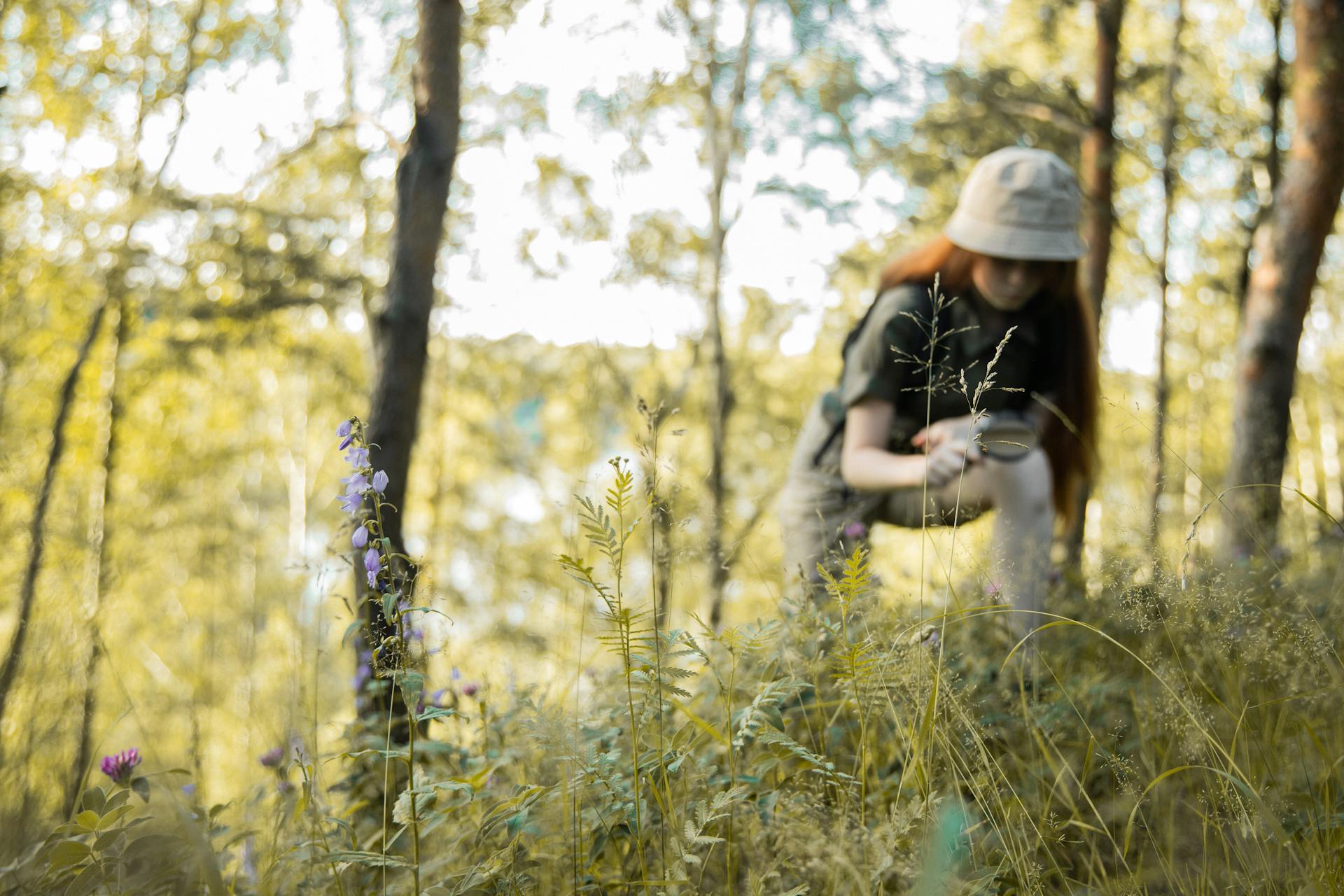At EU School 2025, we are designing our micro forest together
Introduction
Environmental education is now a priority for building an active, aware, and responsible citizenship. In schools, it offers the opportunity to experiment with interdisciplinary and hands-on approaches that engage students in caring for shared spaces and understanding the natural processes around them.
The micro forest model, inspired by the Miyawaki method, provides a powerful educational tool: small, high-density ecosystems rich in biodiversity, capable of regenerating both soil and community. Through learning by doing, students learn by acting — designing, planting, and observing.
If you are in the education community and want to learn more about how to create and use a micro forest or biodiversity garden in or around your school, join the free workshop Micro Forest School Approaches to Environmental Education in Schools.
Quando: mercoledì 12 novembre 2025 dalle 16:30 alle 17:30
Where: President Hotel Palermo – via Francesco Crispi, 230 Palermo
as part of the EU School 2025 parallel workshop session
Free event upon registration
Why Participate
- To explore how to integrate environmental sustainability into school curricula through experiential and interdisciplinary learning.
- To learn how to design concrete, replicable ecological education activities in your own school.
- To discover real examples of school-based micro forests and experiment with learning by doing methodologies.
- To collaborate with fellow teachers and promote ecological citizenship within the school community.
What We Will Do Together
During the workshop, participants will engage in a practical, participatory experience:
- Introduction – Overview of environmental education, the Miyawaki method, and case studies of school micro forests with teachers from Istituto Cassarà-Guida di Partinico.
- Interactive Activity: “Let’s Design Our Micro Forest” – Working in small groups, participants will analyze real or imagined school spaces and design a sustainable green area by selecting native species and defining educational goals.
- Sharing and Reflection – Presentation of group projects, collective discussion, and ideas on how to integrate the experience into different subjects.
Whether it’s a courtyard, a small garden, or an indoor wall, every school can become a living ecosystem where students learn to care for the planet.
About Micro Forest
Micro Forest School is a European project funded by the Erasmus+ KA220-SCH – Cooperation Partnerships in School Education programme.
For More Information
Contact Margherita Rosi: margherita.rosi@impresasocialeland.org.

